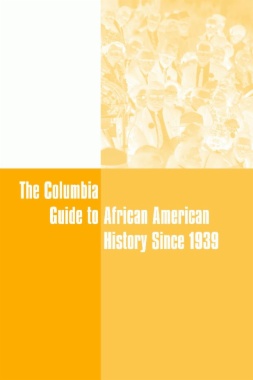

This book is a multifaceted approach to understanding the central developments in African American history since 1939. It combines a historical overview of key personalities and movements with essays by leading scholars on specific facets of the African American experience, a chronology of events, and a guide to further study.
Marian Anderson's famous 1939 concert in front of the Lincoln Memorial was a watershed moment in the struggle for racial justice. Beginning with this event, the editors chart the historical efforts of African Americans to address racism and inequality. They explore the rise of the Civil Rights and Black Power movements and the national and international contexts that shaped their ideologies and methods; consider how changes in immigration patterns have complicated the conventional "black/white" dichotomy in U.S. society; discuss the often uneasy coexistence between a growing African American middle class and a persistent and sizable underclass; and address the complexity of the contemporary African American experience. Contributors consider specific issues in African American life, including the effects of the postindustrial economy and the influence of music, military service, sports, literature, culture, business, and the politics of self-designation, e.g.,"Colored" vs. "Negro," "Black" vs. "African American".
While emphasizing political and social developments, this volume also illuminates important economic, military, and cultural themes. An invaluable resource, The Columbia Guide to African American History Since 1939 provides a thorough understanding of a crucial historical period.